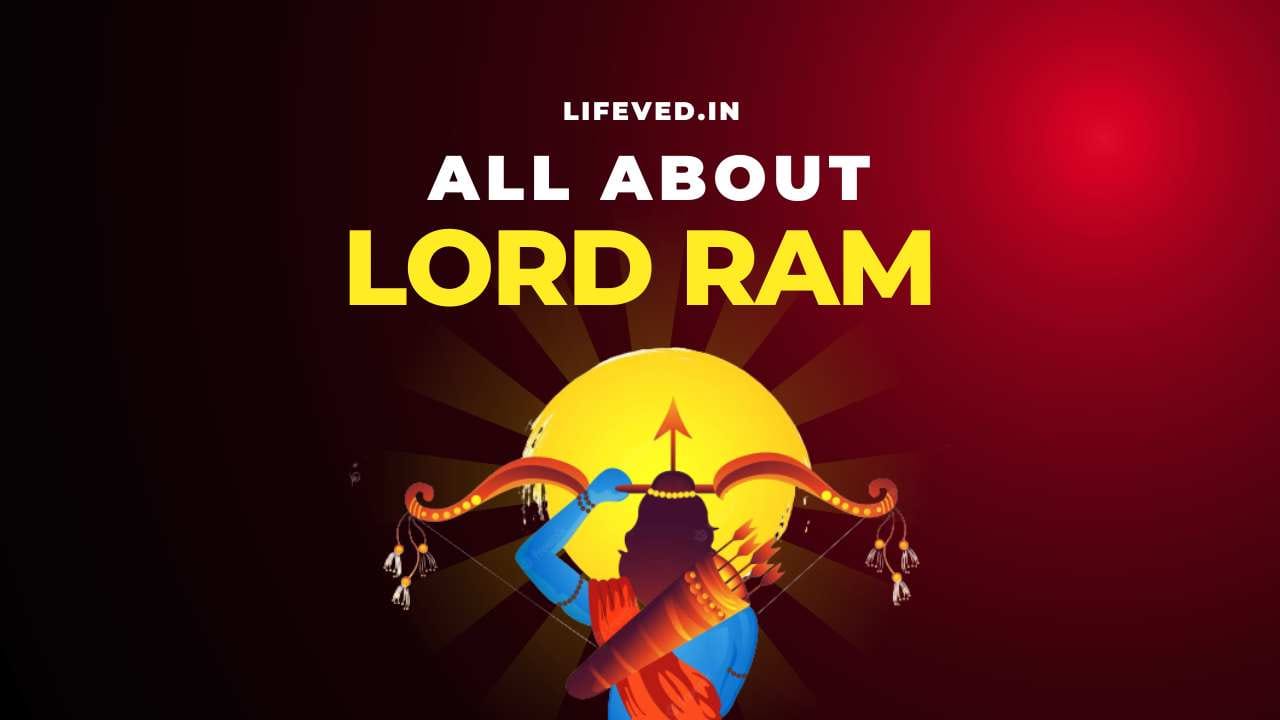Ram: The Icon of Hindutva – Lessons in Faith, Devotion, and Identity

In the realm of Hindu nationalism, the figure of Ram stands as a towering symbol of Hindutva, representing the ideals of faith, devotion, and cultural identity. As we delve into the profound significance of Ram in the context of Hindutva ideology, we unravel the enduring relationship between the divine prince of Ayodhya and the principles of Hindu nationalism. Let us embark on a journey through history and ideology, exploring the timeless lessons embedded within their sacred bond.
Understanding Hindutva
The Ideology of Hindu Nationalism Hindutva, often translated as “Hinduness,” is a political and cultural ideology that seeks to assert and preserve the cultural and religious identity of Hindus in India. Coined by Vinayak Damodar Savarkar in the early 20th century, Hindutva emphasizes the cultural unity and solidarity of Hindus as the defining feature of Indian civilization. Rooted in the principles of Hindu dharma (righteousness) and cultural heritage, Hindutva advocates for the protection and promotion of Hindu values, traditions, and symbols.
Ram
The Embodiment of Hindutva Ideals Ram, revered as the seventh avatar of Lord Vishnu, occupies a central place in the pantheon of Hindu deities and mythology. His life, as depicted in the epic Ramayana, serves as a timeless exemplar of righteousness, duty, and devotion – qualities that resonate deeply with the principles of Hindutva. Ram’s unwavering commitment to upholding dharma (righteousness) and defending the faith against forces of adharma (unrighteousness) makes him an icon of Hindu nationalist sentiment.
Ram and Hindutva
The Enduring Relationship The relationship between Ram and Hindutva is rooted in the shared values and aspirations of Hindu nationalism. Ram, with his divine lineage and exemplary life, embodies the cultural and religious identity of Hindus, serving as a unifying symbol for millions of devotees across India and beyond. His name and story evoke a sense of pride, reverence, and spiritual connection among Hindus, reinforcing their collective sense of identity and heritage.
Lessons Learned
Faith, Devotion, and Cultural Identity The figure of Ram in Hindutva ideology offers profound lessons in faith, devotion, and cultural identity. His unwavering devotion to upholding dharma, even in the face of adversity, inspires Hindus to remain steadfast in their commitment to their cultural and religious heritage. Ram’s story serves as a reminder of the enduring values and traditions that form the bedrock of Hindu civilization, encouraging devotees to uphold and protect them in the face of external challenges.
Ram as the Window to the Divine In the eyes of Hindutva adherents, Ram serves as a sacred link to the divine, providing devotees with a spiritual anchor and source of inspiration. His name and story evoke a deep sense of reverence and devotion, serving as a pathway for individuals to connect with the divine essence within themselves and the universe. Through their devotion to Ram, Hindus reaffirm their cultural and religious identity, strengthening their sense of belonging to the larger Hindu community.
Embracing Cultural Heritage and Identity As we reflect on the enduring relationship between Ram and Hindutva, we are reminded of the profound significance of cultural heritage and identity in shaping collective consciousness and values. Ram’s timeless message of righteousness, devotion, and cultural pride resonates deeply with the principles of Hindutva, inspiring Hindus to embrace their heritage and identity with pride and confidence. May we, inspired by the ideals of Ram and Hindutva, strive to uphold and protect the rich cultural tapestry of Hindu civilization for generations to come.

